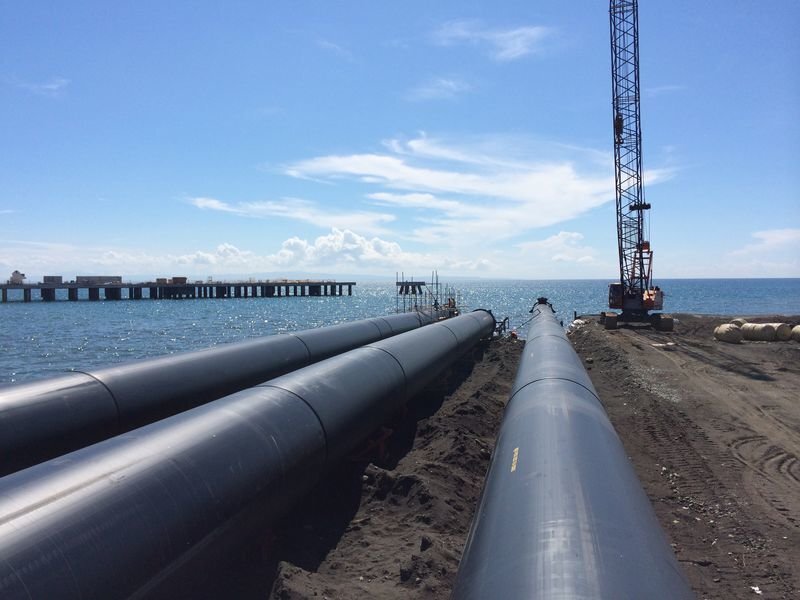Persian Gulf water transfer project to start within month

TEHRAN – The first phase of the water transfer project from the Persian Gulf to the provinces of Kerman, Yazd, and Hormozgan will be put into operation in the next Iranian calendar month of Mehr (September 23-October 22).
The water transfer project from the Persian Gulf is being implemented on a large scale with 11 pumping stations to be established over 830 kilometers of land, which is a unique project in the country, Aliyar Yari, director of the Persian Gulf water supply company, said.
Many countries around the world did not cooperate due to U.S. sanctions and refused to deliver the goods to this project despite legal measures, but the installation, execution, and engineering operations of this project were carried out by local engineers, he highlighted.
He went on to note that a large amount of budget has been spent on infrastructure for the water transfer project, and the three provinces must plan to operate three desalination projects.
“We will launch a 200,000-cubic-meter desalination plant in October this year, as well,” he emphasized.
The plant, considered as one of the special and important projects, is unique in its kind in the country and West Asia because it has been designed and operated in a large volume and infrastructure, he concluded.
A water transfer project has been proposed by the government which looked to Oman seawater quenching the thirst of the southeastern province of Sistan-Baluchestan, as well as the eastern provinces of South Khorasan and Khorasan Razavi. A budget of $400 million was allocated by the government in March 2016.
The project aims to boost production, industry, and agriculture, as well as provide potable water to residents in arid areas.
Once an efficient permanent solution, water supply schemes are now being considered as the main cause of environmental depletion haunting many parts of the country leading to dried up lakes and rivers, and poor water resources management resulting in excessive water withdrawal is also a major threat to the country’s future.
Experts believe that these projects entailing economic and environmental burden are no solution to droughts, and demanded the water transfer projects to be dismissed due to the irreparable damages to the environment namely deforestation, wildlife habitat destruction, biodiversity degradation, improper land change use, and contaminated seawater.
FB/MG
Leave a Comment